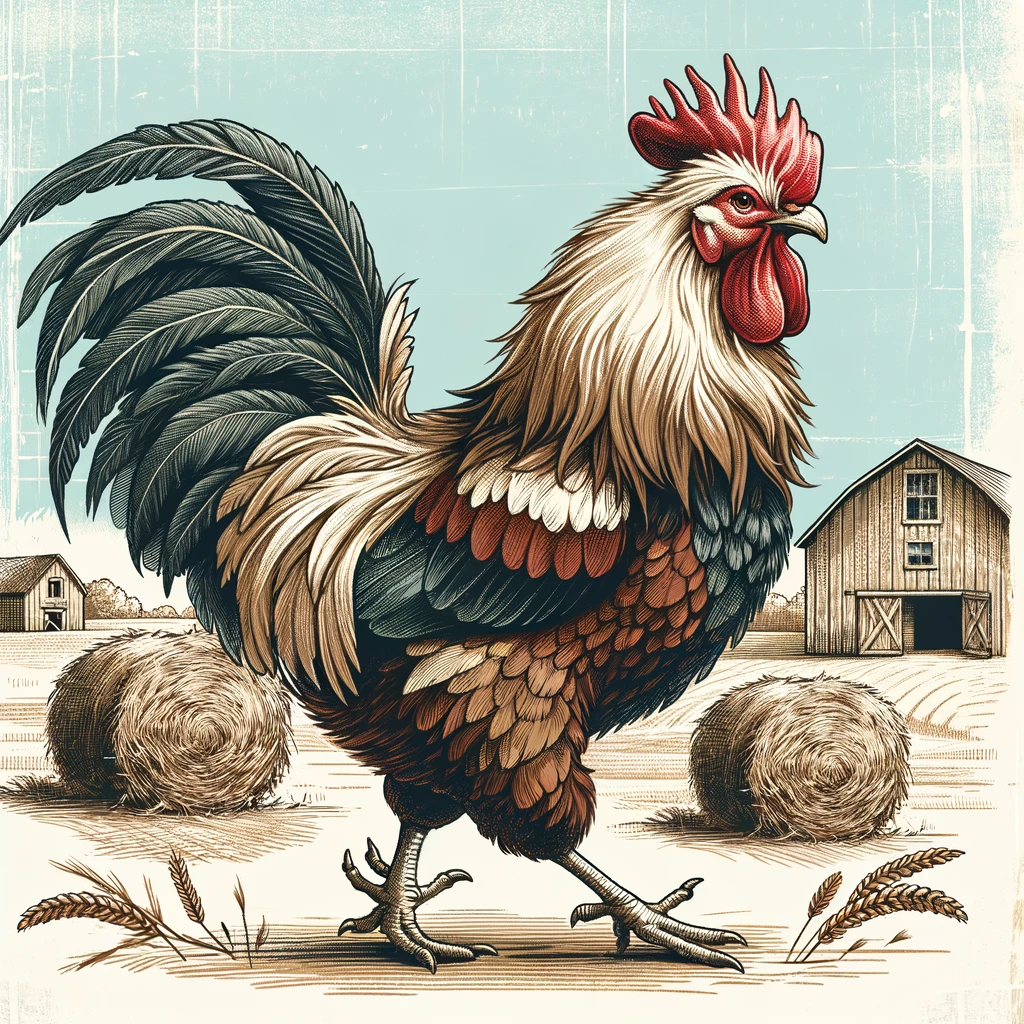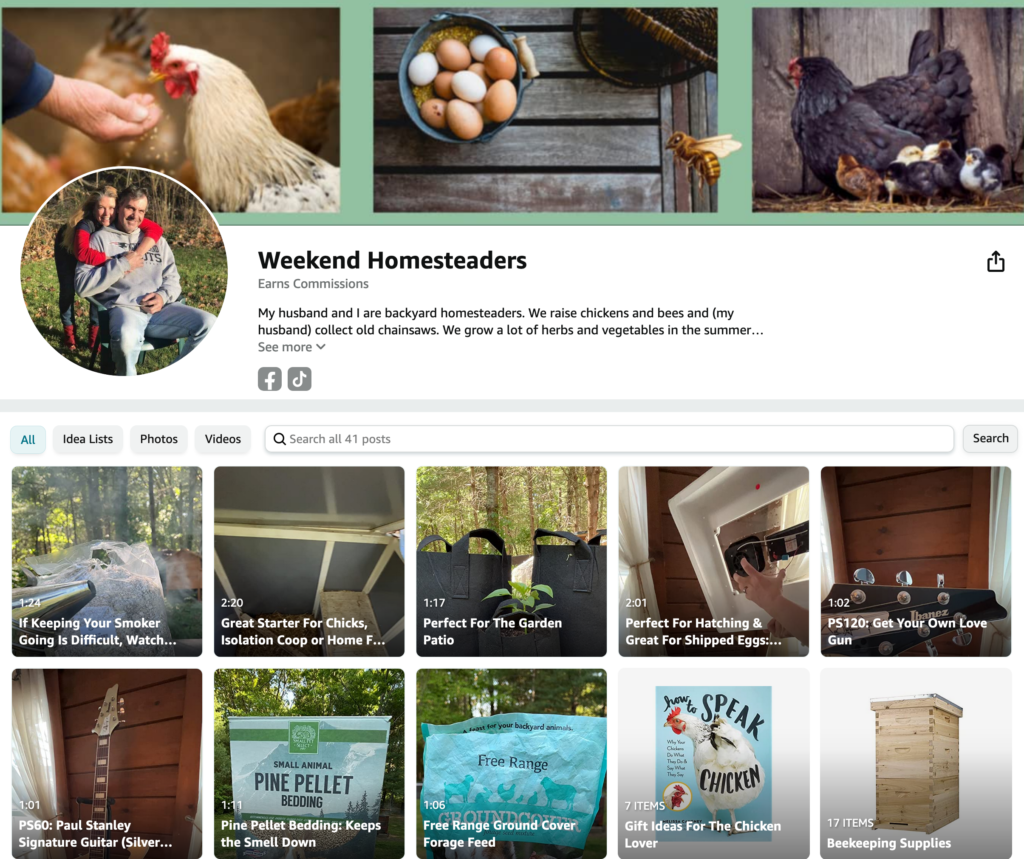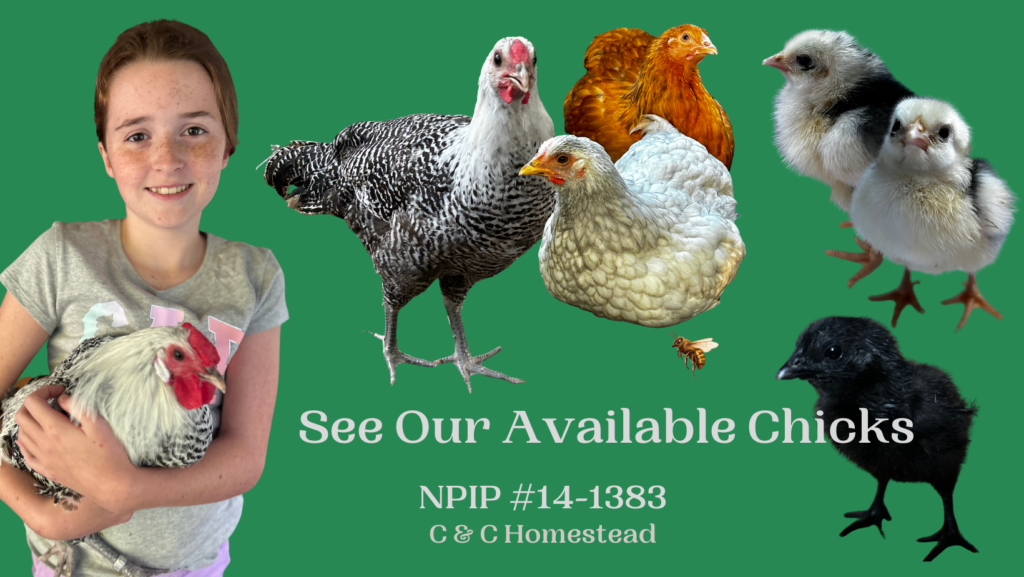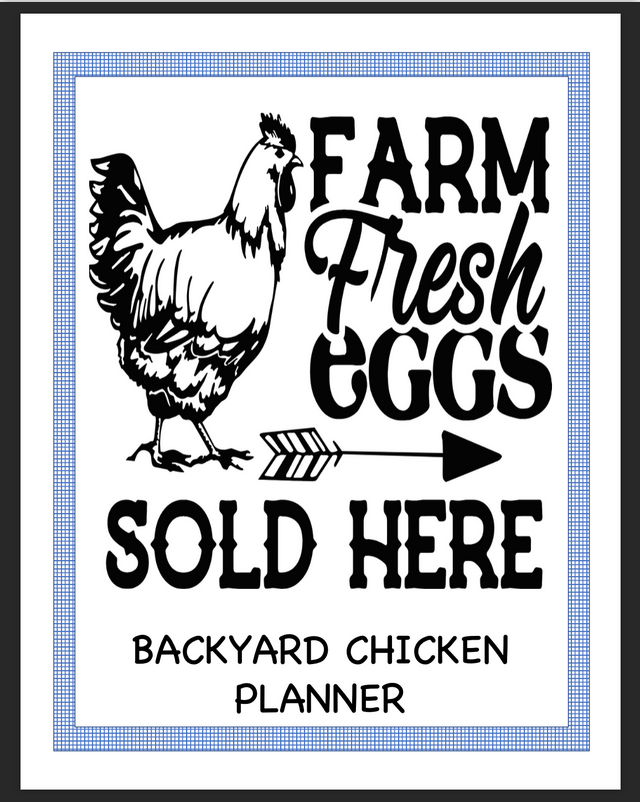Balancing Corporate & Homesteading Lifestyles
The Protective Instinct Of Roosters

Roosters possess a strong and innate protective instinct, which plays a crucial role in the dynamics of a chicken flock. This instinct is a fascinating aspect of their behavior and has several key elements:
- Guardian of the Flock: Roosters are naturally inclined to act as guardians. They are always alert, often taking a high vantage point to watch for potential threats. They will sound a distinct alarm call to warn the hens of danger, whether it's a predator or an unfamiliar presence.
- Defense Against Predators: When a threat is detected, a rooster will not hesitate to confront it, sometimes engaging in combat to protect the flock. This bravery can be awe-inspiring, as roosters will face off against much larger predators to keep their hens safe.
- Maintaining Social Order: Part of a rooster's protective role involves maintaining social order within the flock. They often break up fights among hens and ensure that all members of the flock get a chance to eat and drink. This pecking order maintenance helps keep peace and stability.
- Leading and Guiding the Flock: Roosters often lead the hens to food and water, sometimes even calling them over when they find a good source. They will also shepherd the flock back to the coop at dusk or when they perceive danger.
- Aggression as Protection: It's important to understand that a rooster's aggressive behavior, especially towards humans, often stems from this protective instinct. They may view humans as potential threats to their flock, especially during the breeding season.
- Breeding Season Behavior: During the breeding season, a rooster's protective instincts are heightened. They become more vigilant and may exhibit increased aggression to protect their hens from perceived threats.
Understanding and respecting a rooster's protective instincts are key to managing them effectively. This doesn't mean tolerating aggressive behavior towards humans, but rather recognizing the root of these behaviors and responding appropriately, such as by establishing boundaries and using non-threatening body language. By doing so, you can maintain a healthy and safe environment for both the rooster and the rest of the flock.



